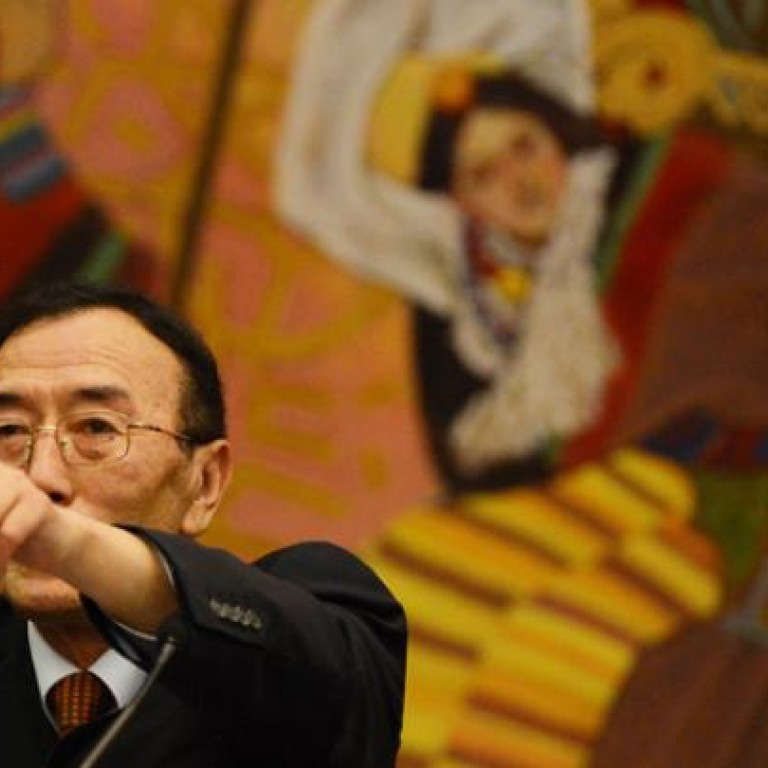
China says no to foreign rights monitors for Tibet
China will not allow foreign observers into restive Tibet to probe human rights abuses, an official said on Friday, dismissing mounting international pressure for an independent investigation in the troubled mountainous region.
Some 68 Tibetans have set themselves on fire since March last year in protest against Chinese rule over Tibetan regions. At least 56 have died, according to Tibetan rights groups.
At least eight of the self-immolations had been reported in the Tibet Autonomous Region, a province-level administrative area under the central government. The rest occurred in Tibetan-populated areas of other provinces in southwestern China.
The United Nations’ most senior human rights official, Navi Pillay, urged China last week to allow independent human rights monitors to visit Tibet and address deep-rooted frustrations.
But a top Chinese-appointed official said this would not happen.
“We hope that (people) from all fields within the country and outside go to Tibet often to look around, study and travel, but as to some other aspects, we are not that welcoming,” said Qiangba Puncog, chairman of Tibet’s rubber stamp regional assembly.

The remarks come as the Tibet-government-in-exile said thousands of Tibetan students took to the streets on Friday in Rebkong county in eastern Qinghai province after a Tibetan youth burned himself to death on Thursday.
A total of seven Tibetans have set fire to themselves in the past six days, according to Tibetan rights group International Campaign for Tibet, the highest frequency of self-immolations since the wave of anti-China demonstrations began.
China has barred foreign journalists from Tibet and prevented many others from travelling to surrounding Tibetan regions, making independent verification difficult.
Qiangba Puncog, however, told a room packed with reporters that “(we) welcome all of you to go to Tibet to see Tibet’s real situation. Listening is false, seeing is believing.” He did not say when foreign reporters may be allowed back in.
China has branded the self-immolators “terrorists” and criminals and has blamed exiled Tibetans and the exiled Tibetan spiritual leader, the Dalai Lama, for inciting them, charges he denies.
“External Tibetan separatist forces and the Dalai clique are sacrificing the lives of others to achieve ulterior political motives,” Lobsang Gyaltsen, Tibet’s deputy governor, said.
“We believe that this is contrary to humanity’s common conscience and morality, (they) will never achieve their evil purposes and will also suffer intense condemnation,” he said.
The self-immolations have been concentrated around six to seven monasteries out of more than 10,000 in the region, Qiangba Puncog said.
Beijing considers Nobel peace laureate the Dalai Lama, who fled into exile in India in 1959 after an abortive uprising against Chinese rule, a separatist. The Dalai Lama says he merely seeks greater autonomy for his Himalayan homeland.
